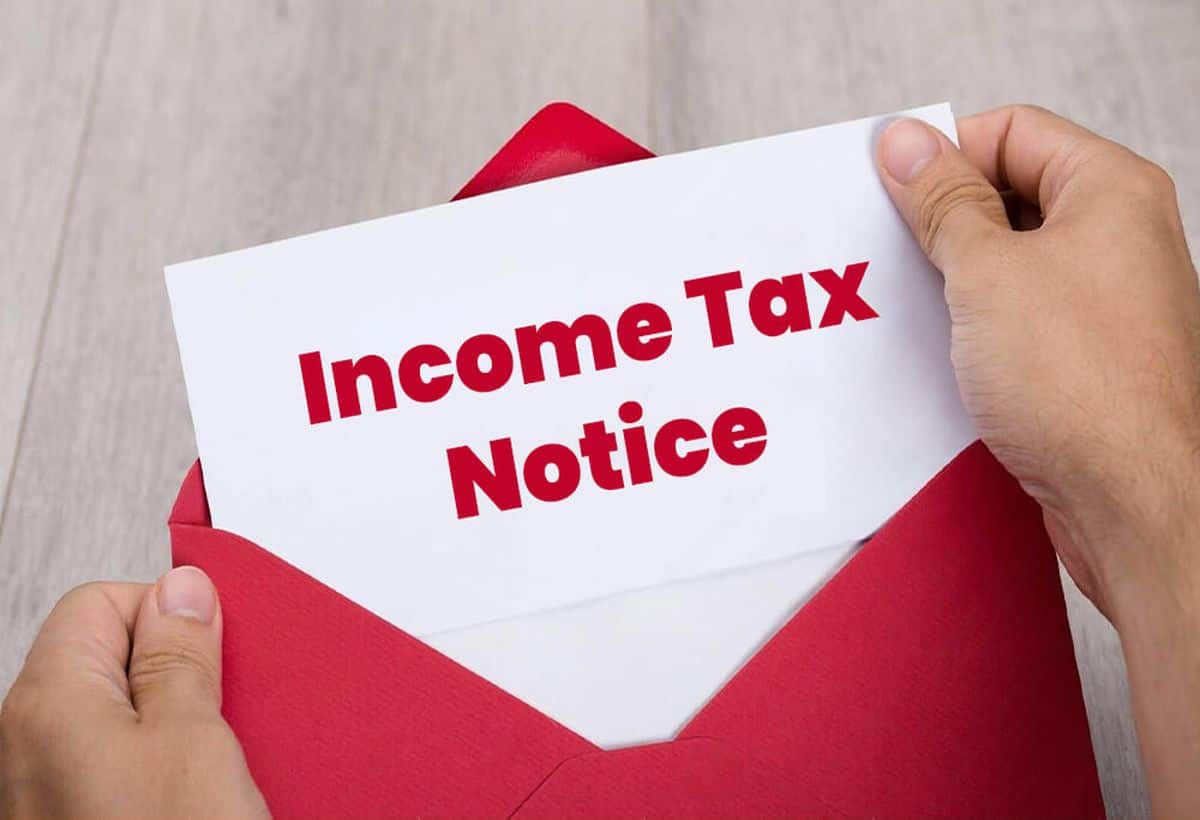
Some people make mistakes while trying to save income tax. Later one has to pay for taking. In such a situation, do some transactions under the Income Tax Act. You will never get into trouble with this. Actually, the Income Tax Department keeps a close watch on long transactions. As soon as you do any cash transaction, you will immediately come under the income tax radar. After this the chances of survival remain very less. In such a situation, we are telling you about some such transactions. Which should never be done within a year. If there is a need for a transaction, then inform the Income Tax Department about this.
In fact, if cash transactions exceed the prescribed limit in banks, mutual funds, brokerage houses and property registrars, they have to inform the Income Tax Department. Let us know about 6 such transactions, which can put you in trouble. Due to which the Income Tax Department can serve notice.
You can get notice on FD of more than Rs 10 lakh
If you deposit more than Rs 10 lakh in a fixed deposit (FD) in a year. Then in such a situation, it can be received from the Income Tax Department. Whether they are deposited in one go or several times or whether it is a cash transaction or digital. The Income Tax Department may ask you about the source of this money and send you a notice. In such a situation, most of the money in FD should be deposited through cheque. If an amount of Rs 10 lakh or more is deposited in cash in a financial year, banks have to inform CBDT about it.
cash deposit in bank account
CBDT has made this rule that if you deposit cash of Rs 10 lakh or more in a financial year in one or more accounts of any bank or co-operative bank. Then the bank or co-operative bank will have to inform this information to the Income Tax Department. This rule is exactly like FD. Current account and time deposits are excluded from this. If you deposit more than this limit, the Income Tax Department may raise questions about the source of the money.
property transaction
If a person buys or sells property for Rs 30 lakh or more. Then in such a situation the property registrar has to give this information to the income tax officials. In such a situation, the Income Tax Department may ask you where did you get the money for such a big transaction (High Value Transaction)? Many such questions can be asked.
Purchase of shares, mutual funds, debentures and bonds
If you do large cash transactions in shares, mutual funds, debentures and bonds. Then in such a situation you can get into trouble. In fact, if a person purchases shares, mutual funds, debentures and bonds for an amount of Rs 10 lakh or more in a financial year, then the companies or institutions have to give this information to the Income Tax Department.
Paying credit card bill in cash can also cause problems
If your credit card bill is more than Rs 1 lakh. In such a situation, you pay this bill in cash in one go. Even then you may get a notice. At the same time, if you pay credit card bills of more than Rs 10 lakh in cash in a financial year, you may still be asked about the source of the money. If you have done something like this then you will have to give this information in your income tax return.
Budget 2025: Will there be a gift of 20% income tax on income up to ₹ 20 lakh? Standard deduction limit expected to increase